News
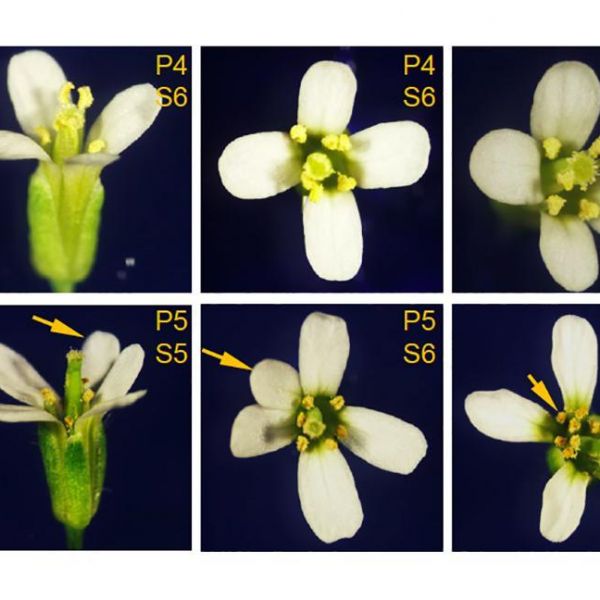
Feb 05, 2024
Newly identified protein helps flowers develop all the right parts
Flowers rely on a newly identified protein to develop properly with all of their organs, according to the research team who made the discovery.
Full Article
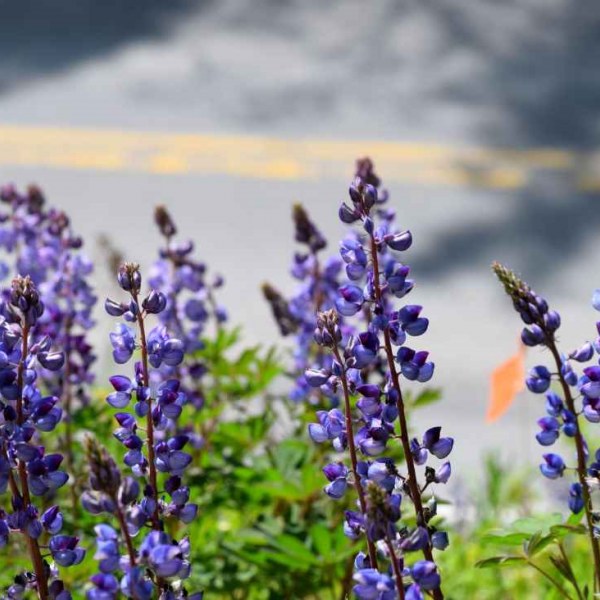
Feb 01, 2024
Edge habitats along roads and power lines may be key to conserving rare plants
Edge habitats created by natural or human-caused disturbances provide prime opportunities for encouraging the establishment and reproduction of rare native plants, the researchers reported in a new study published in Plant Ecology
Full Article
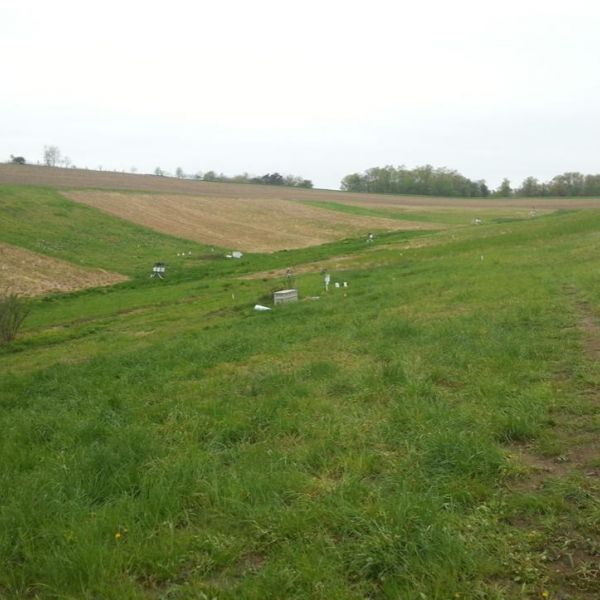
Dec 08, 2023
Novel tool informs land use and nutrient control in troubled waters
Penn State researchers develop 3D agro-hydrologic model to simulate water, nutrient transport through entire watersheds.
Full Article
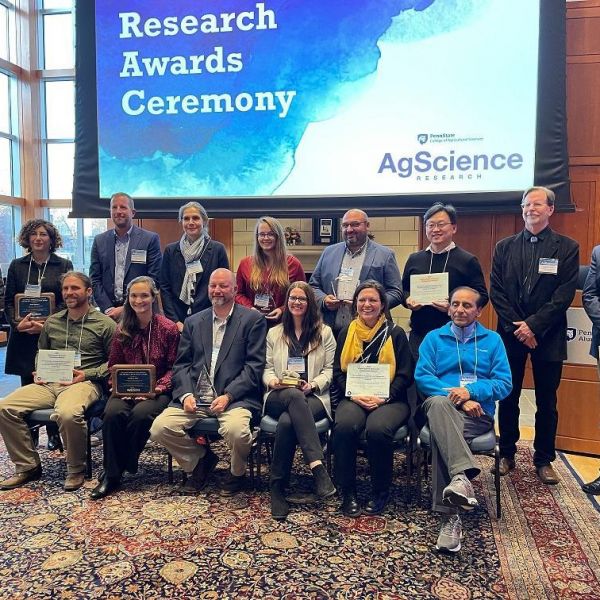
Nov 28, 2023
College of Ag Sciences recognizes faculty, staff for research achievements
Penn State’s College of Agricultural Sciences lauded outstanding accomplishments in research during the 2023 Research Awards Ceremony, held Nov. 1 at the Hintz Family Alumni Center on the University Park campus.
Full Article
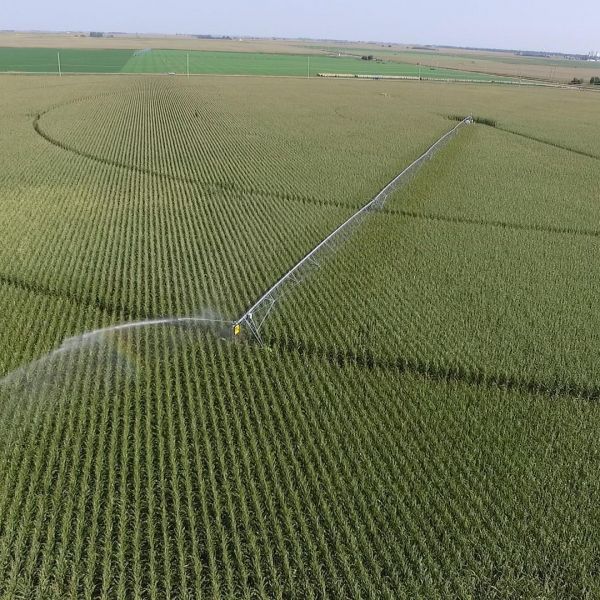
Oct 27, 2023
Predicting nationwide crop water availability by understanding soil influences
A USDA grant will fund Penn State researchers to incorporate satellite, sensor and soil core data into predictive models of nationwide crop water availability
Full Article

Oct 30, 2023
Plant pathologist to research plant diseases in organic vegetables
Sharifa Crandall will use a $800,000 grant from the USDA’s Organic Transitions initiative to study methods to suppress soilborne pathogens in vegetable high tunnels.
Full Article
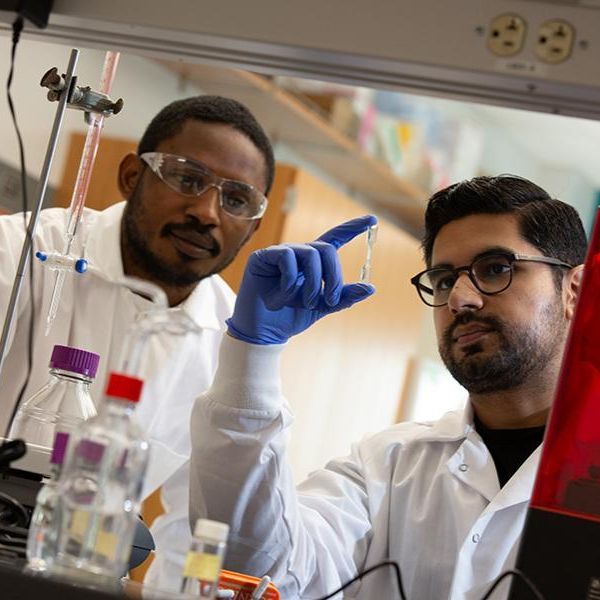
Oct 24, 2023
Replacing 3D printing plastics with plant-derived materials
A $650,000 USDA grant to fund Penn State researchers will support developing new and sustainable resin materials from lignocellulosic biomass.
Full Article
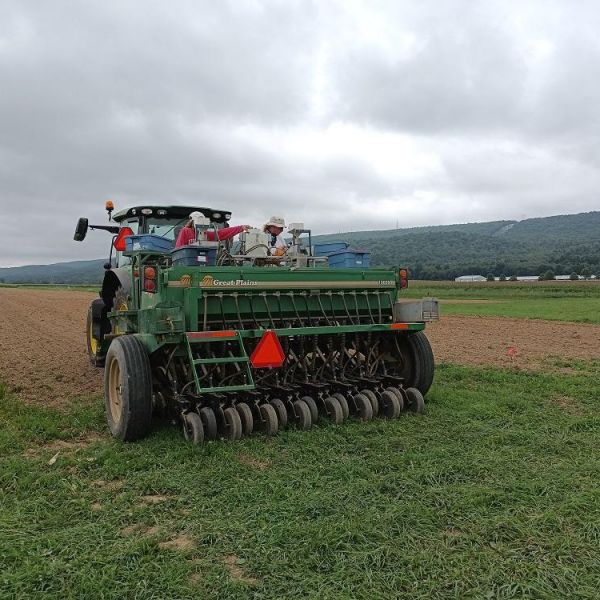
Oct 23, 2023
USDA grant awarded for study on soil health, weed control in organic operations
A nearly $1 million grant from the U.S. Department of Agriculture (USDA) awarded to Penn State’s College of Agricultural Sciences will support research on soil health and weed suppression in organic farming.
Full Article
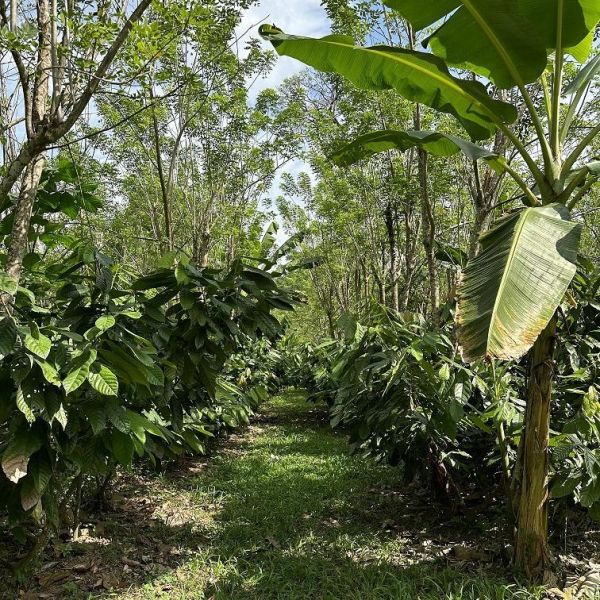
Oct 17, 2023
Grants awarded to Penn State faculty for tropical ecosystems research in Belize
Three projects have been awarded seed grants as part of the Penn State-Belize Foundation for Research and Environmental Education Research and Education Initiative to develop agroforestry systems .
Full Article

Sep 29, 2023
Liana Burghardt named new Director of Center for Root and Rhizosphere Biology
Assistant Professor of Plant Science Liana Burghardt is serving as the new Director of the Center for Root and Rhizosphere Biology, replacing outgoing director Jonathan Lynch, distinguished professor of plant nutrition.
Full Article